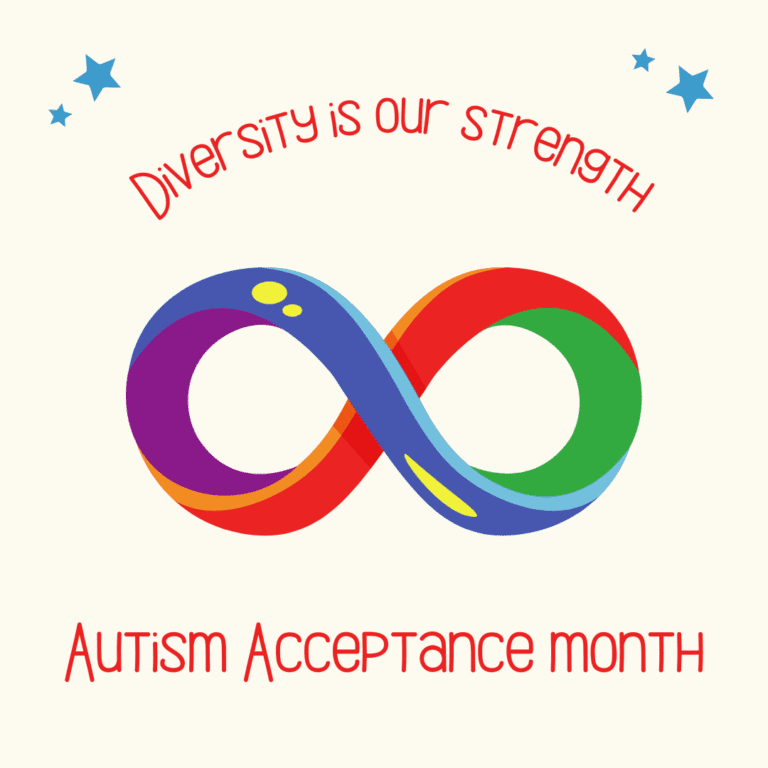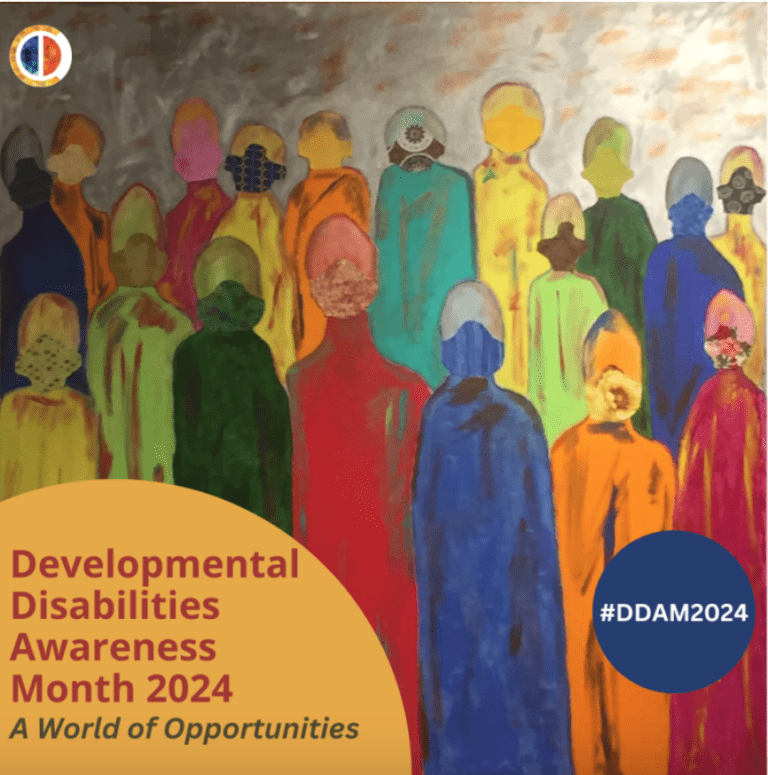Speak to an HR specialist! Call (267)292-3116
Our Commitment to Quality Care
We empower individuals with disabilities to live enriched lives within their communities. We deliver professional in-home and community care tailored to individual needs, fostering independence and dignity. Your loved ones will receive compassionate, capable support, giving you peace of mind and confidence in their well-being.
highly professional staff
Our caregivers are carefully selected and trained to become trusted partners, extending family support to bridge any gaps in everyday life.
Quality Control Systems
Casmir Care Services Inc. has earned The Joint Commission’s Gold Seal of Approval® for Home Care Accreditation by demonstrating continuous compliance with its performance standards.

Call us today!
(267) 292-3116
WHAT WE DO
Providing Professional In-home and Community Care
Licensed Residential Habilitation Services
In-Home Community Supports
Companion Services
Respite Services (In-Home & Out-of-Home)
Homemaker / Care Services
Community Integration
Behavioral Support
Non-Emergency Transportation

Make a difference. Join our team!
We are looking for responsible, caring, and compassionate direct support professionals (DSPs) to join our growing team. The ideal job candidate will be highly dependable and have a passion for helping those with intellectual and/or developmental disabilities live a more fulfilled and happy life.
CONTRACTED WITH:

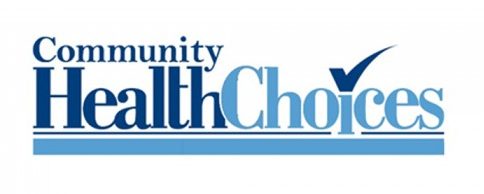
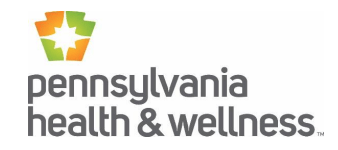

LICENSED AND ACCREDITED BY:
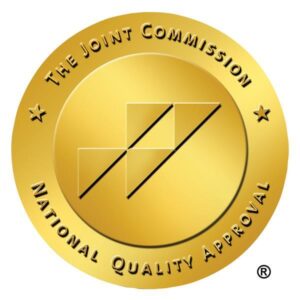

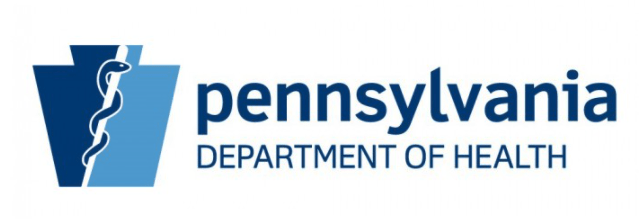
Enriching Lives & Nurturing Independence
Trusted partner & Expert Care
Our Direct Support Professionals Say:
contact us
Person-centered and Flexible Caregiver Services
Casmir Care Services is a leading agency providing quality non-medical caregiving services through waivers under the Department of Human Services’ Office of Developmental Programs and the Office of Long Term Living.
Call now
(267) 292-3116

